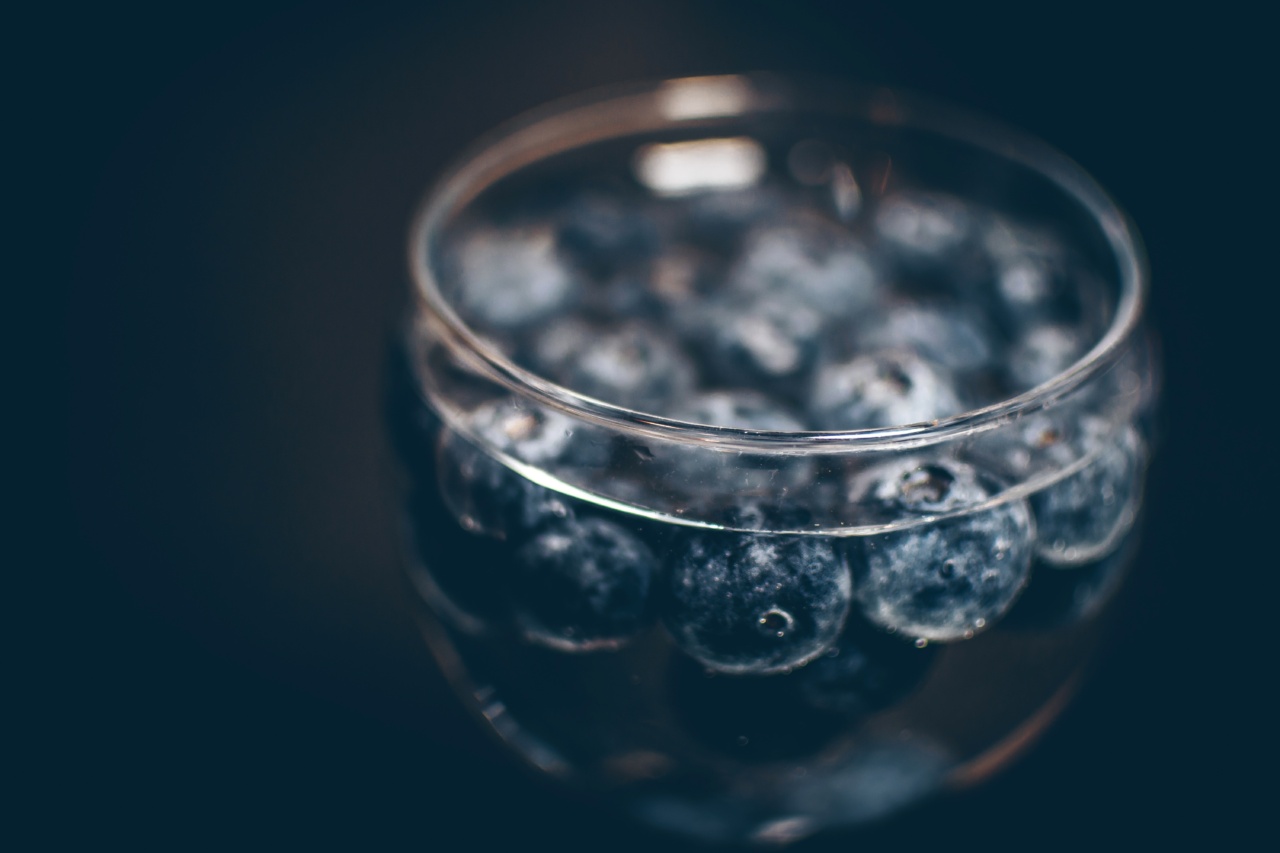Clean eating has become a popular trend in recent years as more people address their concerns with processed foods and try to eliminate them from their diets.
While there are many benefits to clean eating, there is also a dark side that isn’t often discussed, and that is orthorexia nervosa. Orthorexia nervosa is an unhealthy obsession with healthy eating, which can lead to serious physical and mental health problems. This article will explore the dark side of clean eating and its link to orthorexia nervosa.
What is Orthorexia Nervosa?
Orthorexia nervosa is an eating disorder characterized by an unhealthy obsession with eating only healthy or “clean” foods.
People with orthorexia nervosa often view themselves as being healthier than others, and they may avoid social situations that involve food.
They may also experience anxiety or guilt when they eat foods that they consider “unhealthy.” While orthorexia nervosa is not yet recognized as a separate eating disorder in the Diagnostic and Statistical Manual of Mental Disorders (DSM-5), it is recognized as a type of food disorder.
Clean Eating and Orthorexia Nervosa
Clean eating, while a healthy pursuit for some, can quickly turn into an unhealthy obsession.
When people begin to cut out entire food groups or become overly restrictive with their diets, it can lead to a mindset where eating anything outside of their predetermined list of “clean” foods causes immense anxiety or guilt. This type of thinking can be a slippery slope that leads to orthorexia nervosa.
One of the big problems with the clean eating trend is that it promotes the idea that certain foods are “clean” and others are “dirty.” This type of black and white thinking doesn’t leave any room for balance or moderation, which is an important part of a healthy relationship with food. When people start to label foods as good or bad based on their perceived health benefits, it can lead to a restrictive mindset that makes it difficult to have a healthy relationship with food.
The Risks of Orthorexia Nervosa
The risks of orthorexia nervosa are similar to those of other eating disorders. People with orthorexia nervosa may experience serious physical health problems, such as malnutrition, osteoporosis, or even cardiac arrest.
They may also experience mental health problems, such as anxiety, depression, or social isolation. Because orthorexia nervosa is focused on the idea of healthy eating, it can be particularly difficult to diagnose and treat.
Signs of Orthorexia Nervosa
If you or someone you know is struggling with orthorexia nervosa, some of the signs to look out for include:.
- Obsessively following a restrictive diet
- Avoiding social situations that involve food
- Feeling guilty or ashamed after eating “unhealthy” foods
- Spending an excessive amount of time thinking about food
- Experiencing anxiety or panic around mealtimes
- Feeling a sense of pride or superiority over others for their dietary habits
- Compulsively checking nutrition labels or ingredient lists
How to Find a Healthy Balance with Food
It’s important to remember that a healthy relationship with food involves balance and moderation.
While it’s fine to aim for healthy eating, it’s important to allow yourself the flexibility to enjoy all types of foods, including those that may not be considered “clean.” Rather than labeling foods as good or bad, focus on incorporating a variety of foods into your diet and listening to your body’s hunger and fullness cues.
If you find that clean eating has started to take over your life, or if you’re concerned about your relationship with food, it may be helpful to speak with a mental health professional.
They can help you work through any underlying issues and develop a healthier relationship with food.
Conclusion
While clean eating can be a healthy pursuit for some, it’s important to be aware of the risks associated with orthorexia nervosa.
By promoting balance and moderation, individuals can cultivate a healthy relationship with food that nourishes both their mind and body.





























